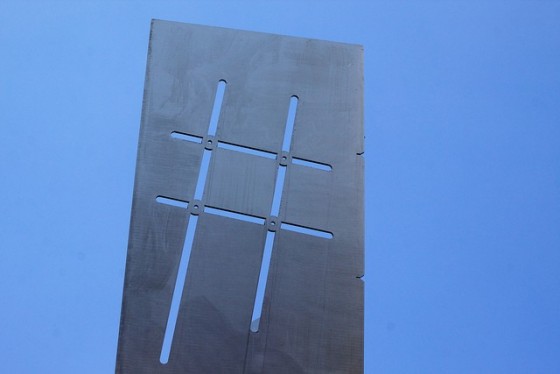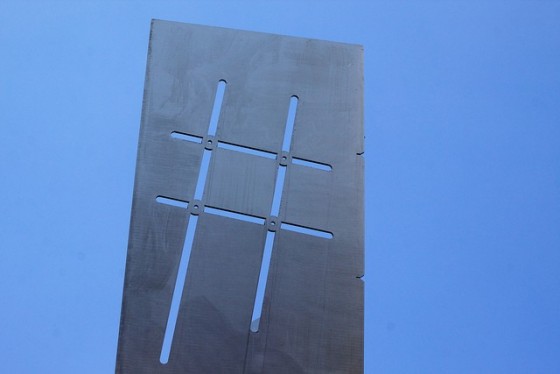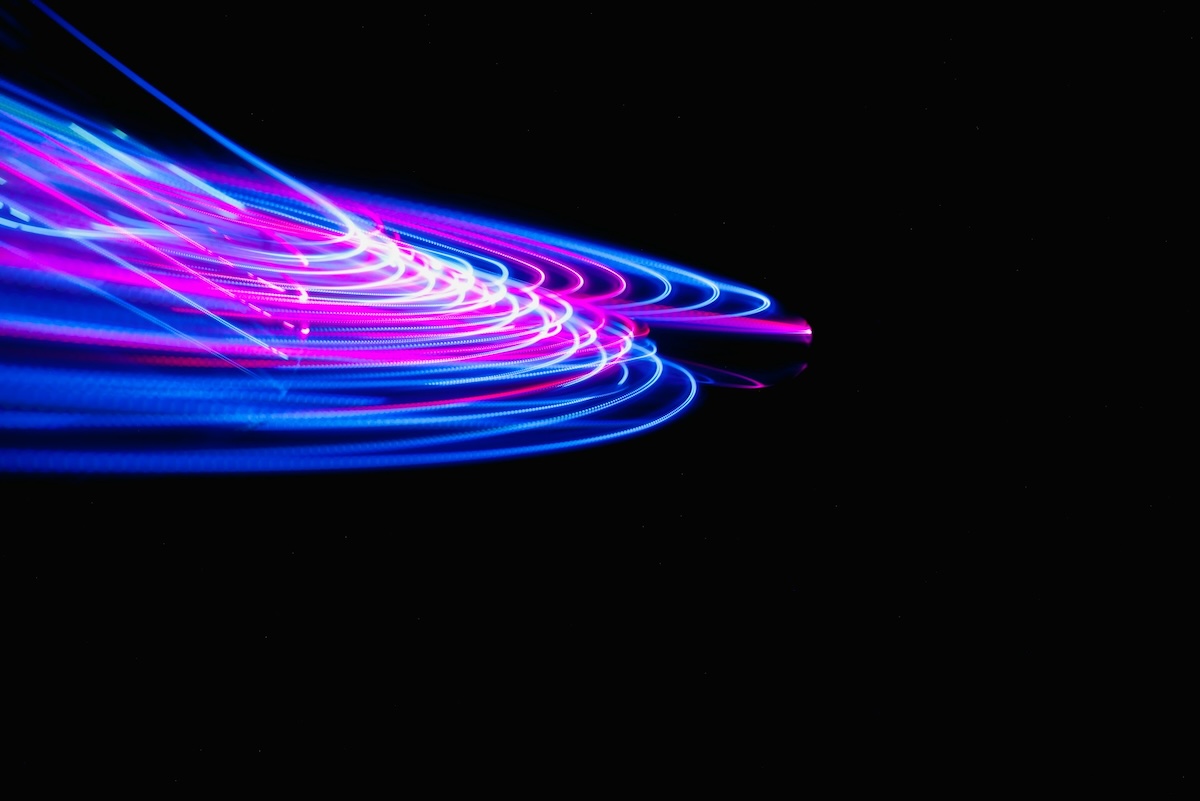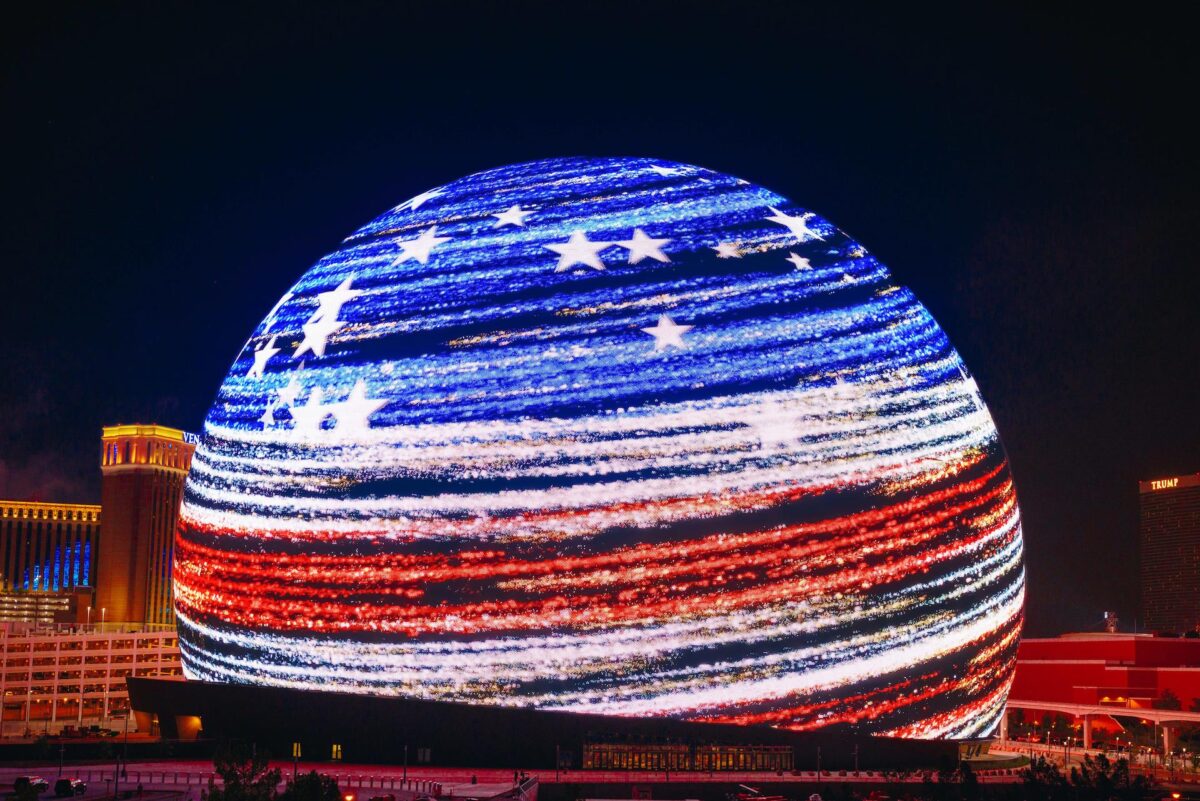#Hashtag means Event on social networks.
This post is a tribute to the hashtag, featuring some little known facts, a good dose of news and some predictions of what role hashtags will play on social media in the upcoming future.

The reason why I am writing this post is the recent speculation that Facebook may introduce hashtags sooner than we think.
If this news will be confirmed, it will be good and bad news for the users. At the end of the day hashtags are a mix of the best and worst use you can do of my preferred social network, Twitter.
One thing for sure, it certainly will be good news for event professionals.
Hashtag, What?
So it all started with this tweet, from Chris Messina (co-founder of BarCamps and presently Google+ UX Designer):
how do you feel about using # (pound) for groups. As in #barcamp [msg]?
— Chris Messina™ (@chrismessina) August 23, 2007
There was a quest at the time to create groups on Twitter. It seemed like 100s of followers were too much to keep track of. Despite the initial idea of using it for groups, a new concept was born: .
Up until then, there was no way to quickly state what you were talking about on Twitter. If you, say, were attending an event called Conference234 and wanted to make a comment, in 2007 you’d tweet:
“I am at Conference234, and I am enjoying the speech by @tojulius”
after hashtags were introduced, you could easily write:
“Nice talk by @tojulius #conf234”
There is a heck of value in this change. First, the tweet is shorter. Find ways to shortening tweets has created standalone companies (see URL shorteners).
Second, when Twitter later decided to make hashtags clickable, they instantly became a promotional tools for events. In the above tweet, a third party could have clicked on #conf234 and learn more about the conference and who is attending.
Not All That Glitters Is Gold
So we have this amazing invention and the Interwebs embrace it. Great. Kinda.
Hashtags are almost 6 years old and they grew up not without controversy. To date they are the most hated and praised introduction of social networks.
Let me give you another example.
I am writing this at 10.51 am CET. Right now Worldwide trending topic (ie the most tweeted subject) is #LokiPayneFollowMe.
We are talking about fans of boyband 1Direction, asking the dog of one of the band members, named Loki, to follow them or in some cases stating they’ve actually been followed by the dog. Needless to comment all of the above.
But once again hashtags like #Egypt in 2011 were instrumental in creating awareness about the Arab Spring revolution.
Same goes for events.
Sometimes event hashtags are used to share valuable information, pictures and videos. Some other times hashtags are used for twomiting.
After all hashtags are just tools, they can be used for the good, the bad and the ugly.
Google+, Pinterest and Instagram
Despite hashtags have been a Twitter thing for a while, newborn social networks adopted them instantly.
Instagram is a great example of that. Hashtags have been present from early days on this platform. Users immediately understood how to use them. As in fact most Instagramers like to share their pics on Twitter, adding hashtags on Instagram works seamlessly and that is super cool.
Same goes for Google+ (obviously, as the inventor of hashtags now works on it). Hashtags were imminently added to the platform. Using hashtags in Google+ updates is seen as a very powerful way to help Google Search identifying relevancy with keywords.
Pinterest was another very powerful network to immediately embrace the pound sign as a way to categorize pins.
The cases of Pinterest and Instagram are quite obvious as they used Twitter login as one of the key drivers to grow subscriptions, therefore an immediate integration was quite expectable.
It is more surprising in Google+’ example, as it was born (and it still is) a standalone and non-integrated social network.
Flickr
Two days ago, Flickr joined the party and added hashtags to its iOS application.
It is still a very basic addition. For the time being it translates into being able to search relevant pictures. And it is limited to the app.
In fact the main site is still hashtag free (nerd explanation: existing hashtags used as Flickr tags are not clickable).
This was a reaction to the real news we heard this week…
Facebook Introduces Hashtags
First of all this is just speculations. Nonetheless, it has been suggested by the Wall Street Journal, therefore it comes with a bit of authority.
I don’t usually like to comment on speculations, but indeed this could potentially be significant for the event industry. Let me tell you why.
The largest impact will be in terms of event discovery, hence promotion.
If in fact Facebook Updates (not counting tweets or Instagram photos sent via FB) feature clickable hashtags, your event will be immediately discoverable by a few hundred million users more than what we can count on today.
If you compute that into the opportunities coming from the upcoming Graph Search, the introduction will impact on most online practices of the rest of us.
Your Hashtag Strategy
As event professionals we have an advantage. Our product is an hashtag by definition. Hashtags have become a way to define an event in the making, a dynamic action. They are not great for static products or services.
Having an hashtag strategy will be the primary concern of event marketers in 2014.
Why? Well, looking at the information above it appears quite obvious. If you pick an hashtag and you define a wise use of it, then it will pretty much spread the word about your event across the whole Web.
It’s the universal currency in our fragmented social media world.
There will be no other action, text or element so universally accepted online. While in fact some social networks may decide to make a link clickable or not, hashtags will indeed be clickable almost everywhere.
The benefits will be also tangible for measurement. If in fact you like to measure your social media efforts (and I hope you do), setting up a universal hashtag will help you to fetch rich information from across the Web.
No wonder why nowadays some event professionals pick an hashtag as the actual name of the event, rather than its social alias.
In Conclusion
The recent news of Facebook and Flickr joining the hashtag movement reinforces the importance of a correct use of “#”.
It looks like the pund sign will conquer the Internet and offer event professionals a simple tool to amplify and measure their event online.
Setting up a short and sweet hashtag and making it iconic will guarantee an instant presence on all social networks.
So how are you going to call your next event? 😉
Photo by cogdogblog





